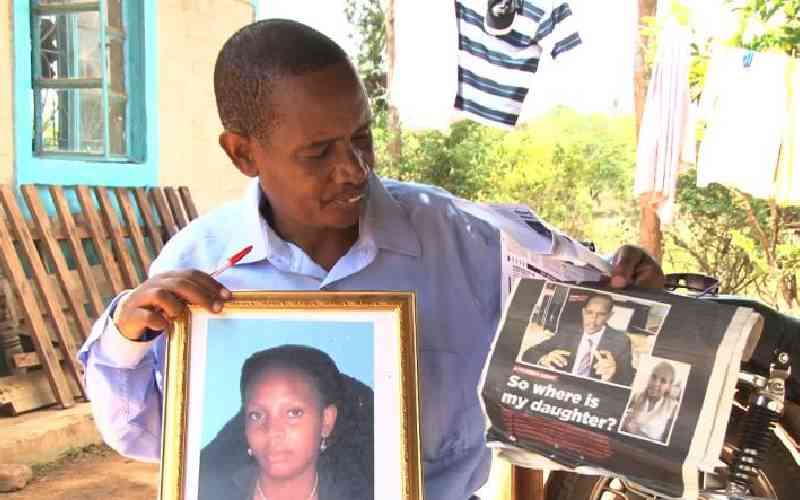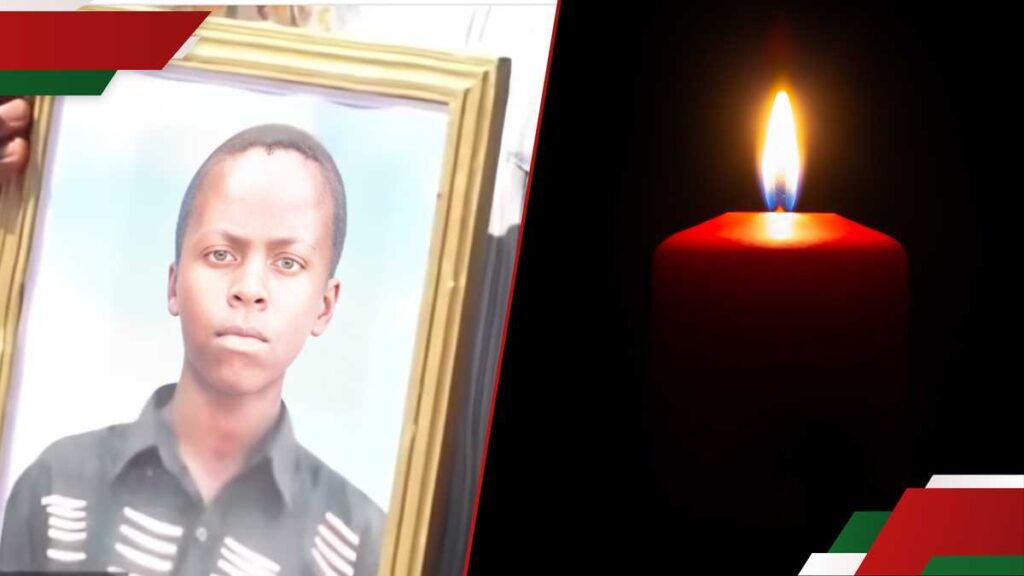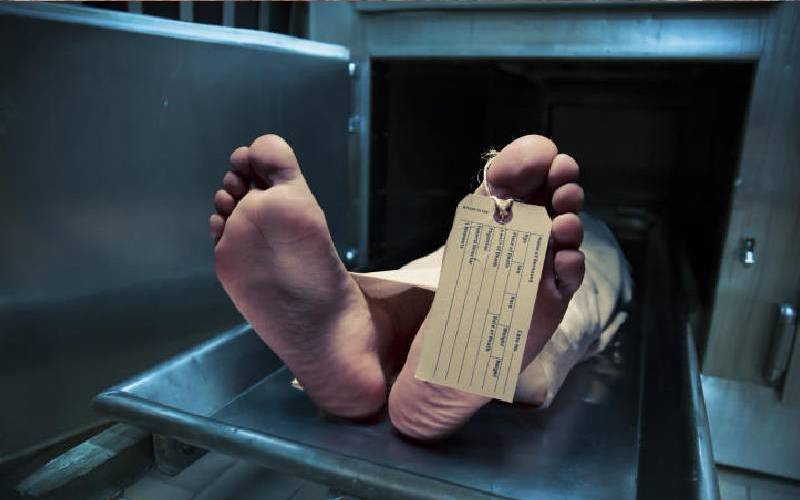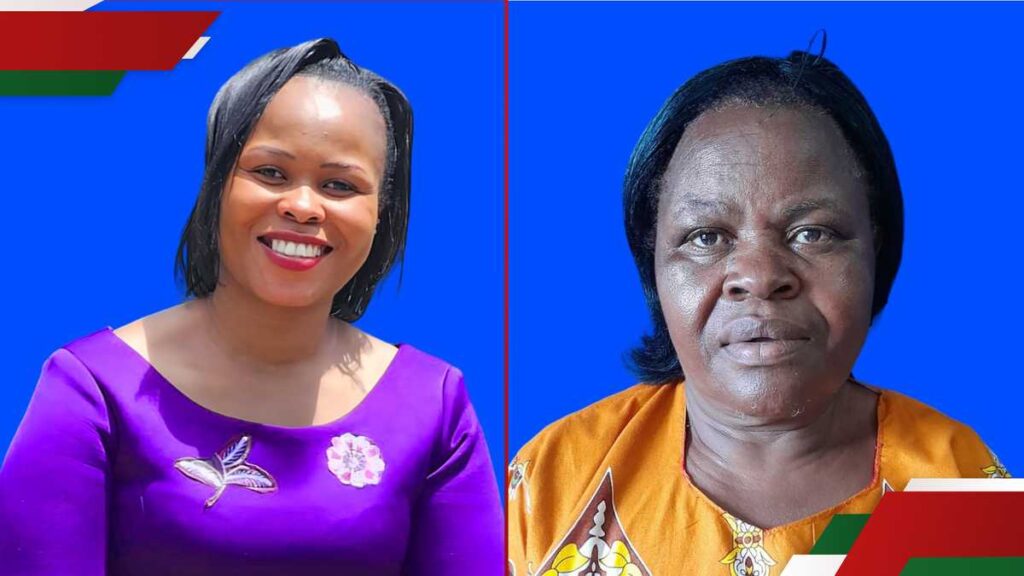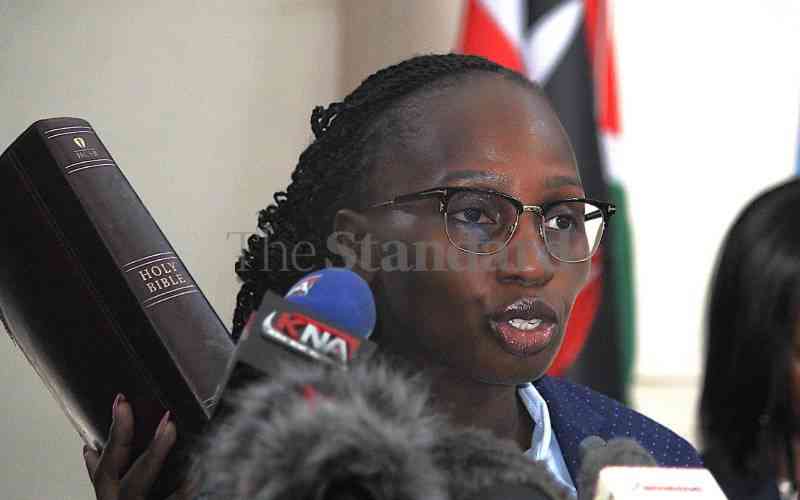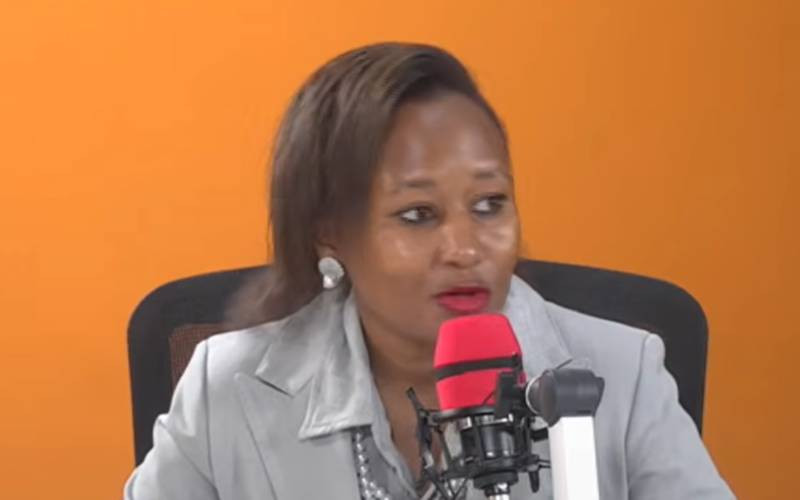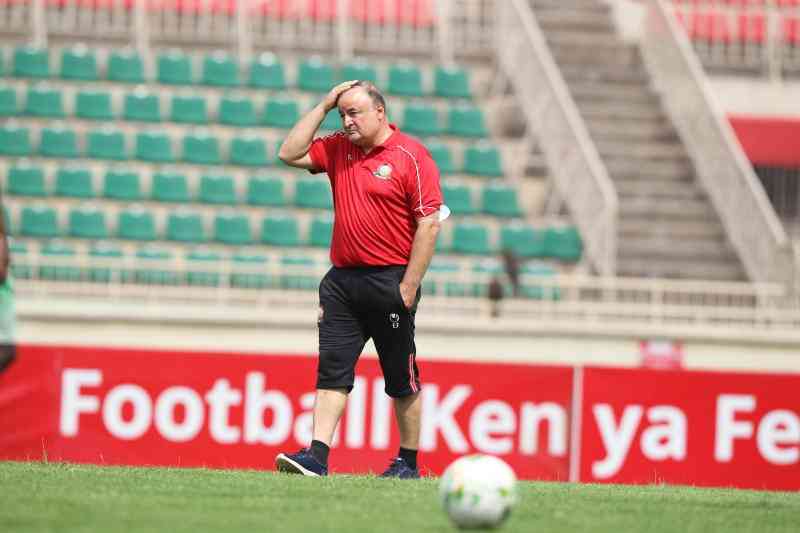Exactly 10 years today, terror reigned at the Garissa University College when gunmen burst into the institution, firing indiscriminately.
When the guns went silent, 148 people, most of them young students with dreams of a future now forever lost, were dead, sparking public outrage at the government’s slow response.
A three-judge Bench sitting at the Milimani Law Courts ruled in August last year that the government failed to prevent the loss of lives as there was evidence of imminent terrorist attack at the university.
“The delay in deploying the Recce Squad, which was the ideal force in such a situation, led to more deaths. There was dereliction of duty on the part of the respondents (state and university administration) who were only jolted into action by the tragic incident, a classic case of closing the stable door long after the horse had already bolted,” said the Bench.
Emotional scars
The echoes of the attack, orchestrated by the Somali-based Al Shabaab militants, still ring today. Survivors and the bereaved families are yet to heal. The emotional scars run deep, and for many victims and their relatives, healing remains a distant dream.
Justices Anthony Ndung’u, Mugure Thande and David Kemei ordered the government to pay Sh496 million compensation to the students who were injured and parents who lost their children.
“The petitioners’ legitimate expectation was violated. Had the police conducted themselves in a more professional manner by being preventive, efficient and proactive, the attack would have been prevented or at the very least the carnage minimized,” the court ruled, noting that the university principal, Ahmed Osman Warfa, had earlier requested for enhanced security at the institution, a request that was ignored by the authorities.
As Kenya commemorates a decade since the ordeal, families gather again to honour the lives lost in one of the deadliest terror attacks in the country’s history.
Years have passed, but for Kalenye Mwandikwa from Nzawa village in Mwingi West, Kitui County, every day is a battle with grief for her last-born son Duncan Mwendwa, who was a second-year student pursuing Bachelor of Education.
In the family of eight siblings, Mwendwa was the only one who had made it to the university.
“He was the only one who went to school and I had a lot of hope in him. But then God took only the best from me. Sometimes I ask myself, why didn’t God take him away when he was a small child? Why did He have to wait until I struggled to get him to university?”
The memories of the April 2, 2015 when the hooded terrorists besieged the Elgon View Hostel in the early morning raid and for several hours mowed down hapless students with bullets are still fresh in her mind.
“If I tell you I have healed I would be lying. The death of my son shattered my life completely,” says the 60-year-old mother.
Stay informed. Subscribe to our newsletter
She reckons that Mwendwa, aged 20 then, would have graduated sometimes in 2017 and possibly improved her life and that of his siblings.
She says his twin brother, Musyoka, recently married and got a son. “I named the grandson Duncan Mwendwa to keep the memory of my son alive.”
Elsewhere in Maluma village in Kitui Central, the family of Isaac Mutisya is also been going through the motions of emotional pain following the death of their daughter Risper Mutindi Kasyoka.
He says the death of the second-year business management student has taken a heavy toll on his wife.
“I always tell my wife to accept the fate and stay strong because what happened, happened. Sometimes she gazes at her picture in our living room and I see her eyes well up in tears. I think I should remove the portrait as it gives her bad memories,” he says.
His family was the last one to bury their child following a mix-up at the Chiromo Mortuary that saw another family from Kyuso in Mwingi North mistakenly bury Mutindi’s body. The other student also shared the name Kasyoka.
Search for closure
It took a painstaking seven months for Mutisya to finally locate the body of his daughter, which was then exhumed and reburied on November 8, 2015.
At the family of the late Philomena Kasyoka in Kyuso, her parents’ agony is still palpable.
“We are still pained but have accepted the God’s fate,” says her father, Munyoki Isombo.
Like the other parents, Munyoki is calling on the government to give the bereaved families a “permanent closure” by obeying the court order.
According to the ruling, each family that lost a student was to get Sh3 million, while those who survived would be compensated depending on the degree of their injuries.
Rachael Munjiru Gikonyo received the highest compensation at Sh10 million due to the severity of her injuries while others received between Sh1.2 and Sh8 million.
The families are, however, concerned by the government’s lack of commitment to release the money.
“Since the ruling was made, the government has not responded to it. It did not even appeal, so we expect them to respect the court’s ruling by way of releasing the compensation so that we can have closure,” says Munyoki.
Mutisya knows the compensation would not bring but her daughter, but “it is better than nothing”.
“The government should release the funds immediately so that we can forget about the issue and have total closure,” he says, sentiments also echoed by Mwandikwa who plans to put up a decent family house.








